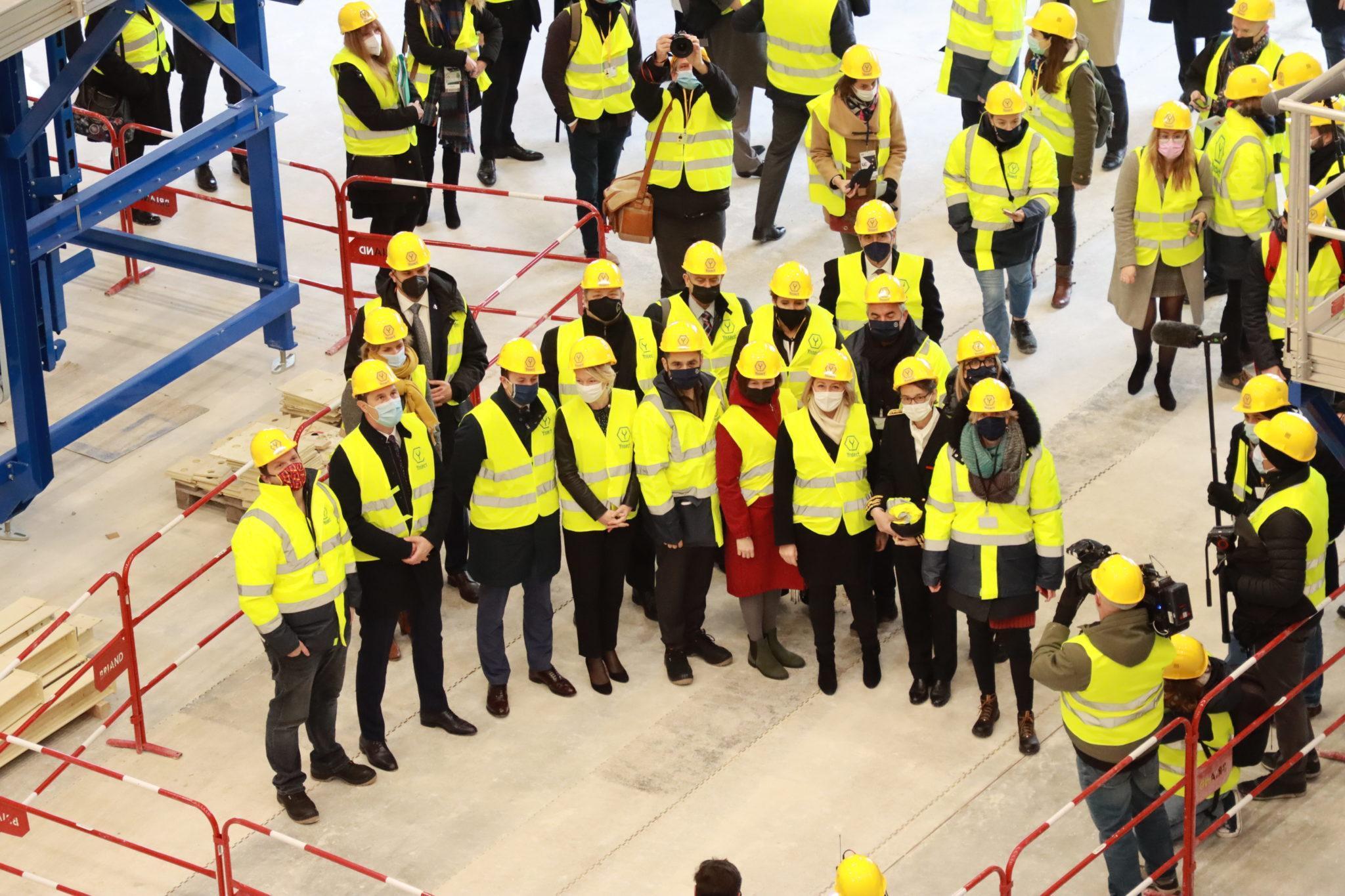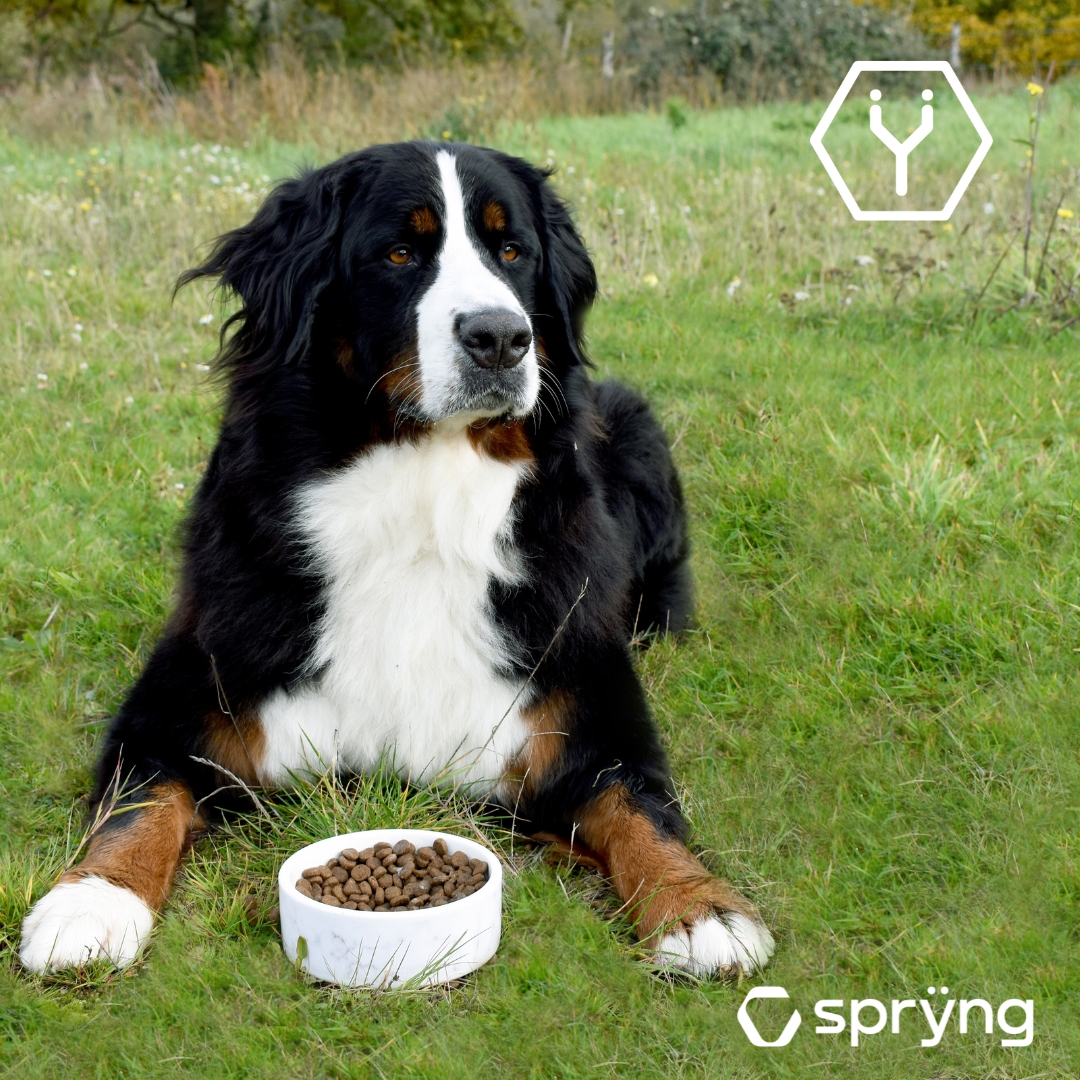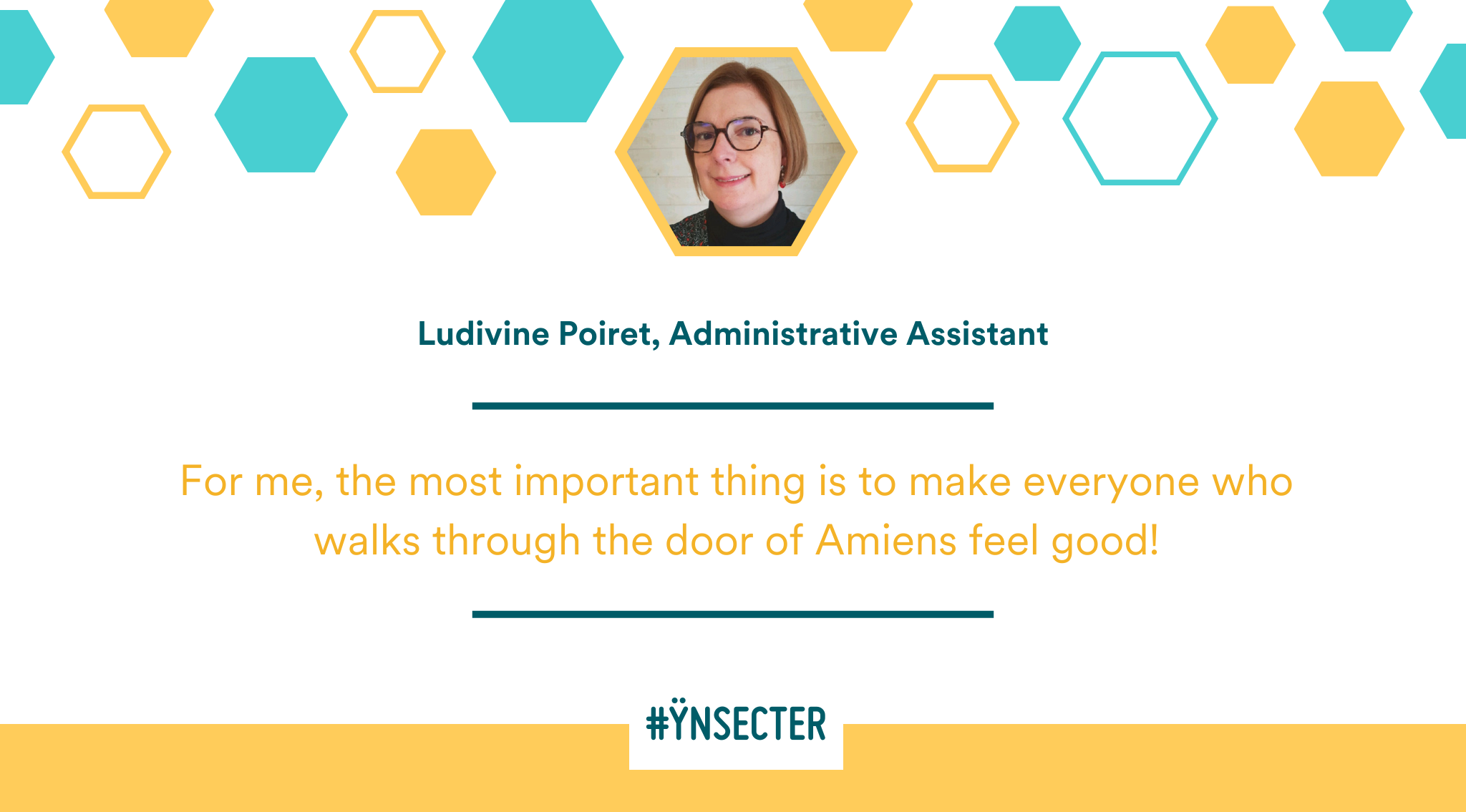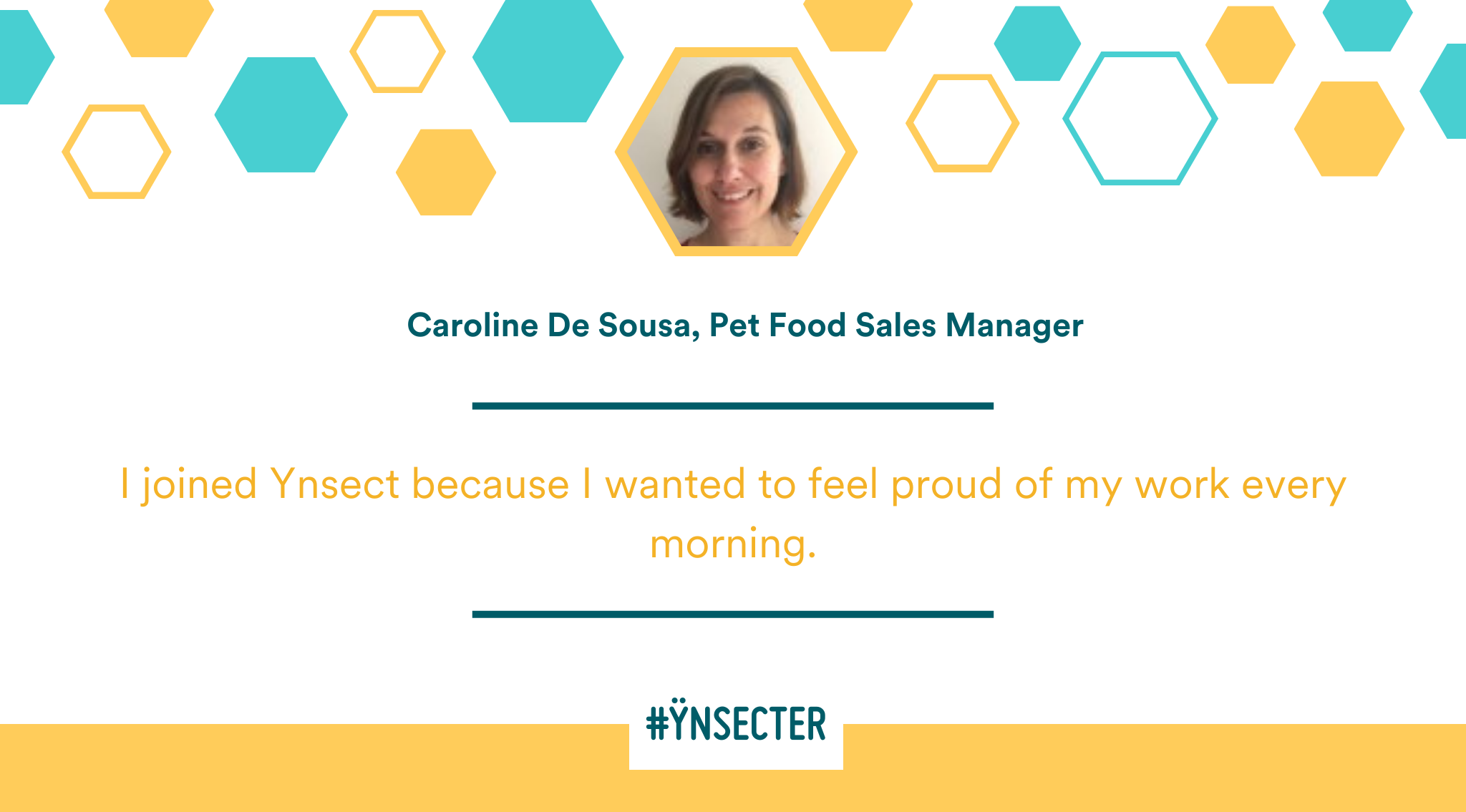Above all, Ÿnfarm is intended to be a project with a positive impact, which will ultimately allow the direct and indirect creation of 500 jobs and is forecast to run almost entirely (99%) on locally-sourced raw materials within 350 km. The aim is for Ÿnfarm to reduce environmental impact on an ongoing basis, based on a thorough roadmap aligned with restricting world temperature rises to 1.5°C, in line with the Paris Climate Accords, over the next decade, while ensuring strong economic and financial growth.
With this in mind, Ÿnsect’s Board of Directors recently voted on a budget over 18 years of several million with a view to achieving its climate and biodiversity goals. Part of this budget will be used for the “TerrHa 2040” regenerative agriculture programme, which seeks to contribute to soil and ecosystem preservation and regeneration in the Hauts-de-France agricultural sector, planting 1,700 km of hedges and trees on 1700 ha, on agricultural plots of land, by the year 2040 (equivalent to 1.8 million trees).
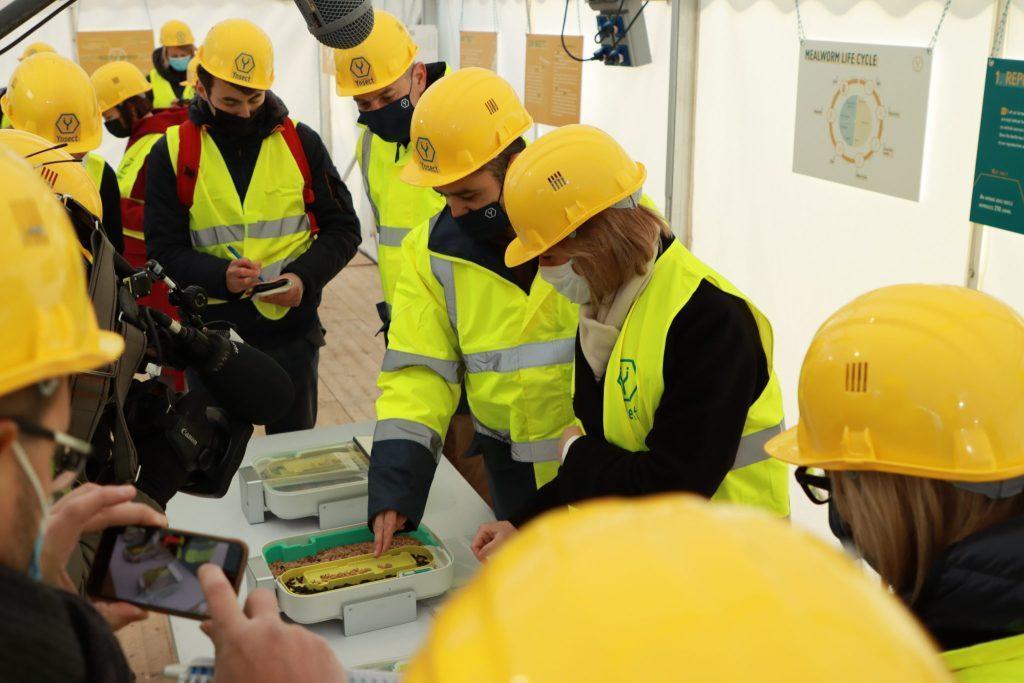
The visit has been an opportunity for Antoine Hubert, Ÿnsect’s founder and CEO, to emphasize, to European Ministers and Commissioners, the need to maintain Europe’s leading commercial and technological role in insect production: “beyond responding to the main priorities of the European Commission of setting up more sustainable, sovereign and resilient food supply chains, namely through the Farm to Fork Strategy, the Green deal, and the Action Plan for achieving a circular economy, our sector shows unparalleled growth potential,” Hubert says. “In line with data put together by Europe’s Interprofessional Association, Ipiff, we estimate the recruitment, in Europe, of over 20,000 employees by 2030, for an overall turnover topping several billion euros. To maintain this lead, we need the help of both European and national public authorities to access new markets and optimise the sector’s impact, such as insect-based initiatives within innovation support programmes and ensuring that authorization standards and procedures take the specific features of our sector into consideration.”
Antoine Hubert also noted: “the latest IPCC report highlights the importance of acting fast in regulating and implementing ‘impact accounting’. The rules are already there; they now need to become mandatory such that they are universally adopted. This is one of the main issues for the success of the Paris Accords.”
During the visit, Ms. Pompili, Minister for the Ecological Transition declared: “Ynsect is a source of real local and national pride; I have been especially looking forward to introducing this company to my European counterparts during their visit to Amiens. The Ynfarm initiative is completely aligned with the European wish to counter imported deforestation, particularly by finding alternatives to soy protein for livestock farming. It is also an example of reindustrialization and job creation made possible by transitioning to environmentally-friendly policies – the factory, furthermore, plans to create 500 direct and indirect jobs.”
The visit forms part of a programme of informal meetings of Ministers of Environment and Energy Departments, within the context of the French Presidency of the Council of the European Union, scheduled to take place in Amiens, between 20 and 22 January 2022, which seeks to foster both European thinking and work.
About Ÿnsect
Ÿnsect is the world leader in the production of protein and natural insect fertilizers. Founded in 2011 in Paris, France, by both scientists and environmental activists, Next40 and B Corp-certified, the company processes insects into high-end, high-value ingredients for pets, fish, plants and humans. From its purpose-built state-of-the-art farms, Ÿnsect offers a long-term, sustainable, organic solution to accelerate protein and plant consumption. Ÿnsect uses pioneering proprietary technology covered by 341 patents across 41 categories, to produce Molitor and Buffalo mealworms and worms in carbon-negative vertical farms. Ÿnsect runs two production sites, one in Dole, France (commissioned 2016), one in the Netherlands (2017), and a third site, the world’s largest vertical farm, in Amiens in France, is currently under construction. The company, which employs 250 people, has raised around $425 million from major global investment funds, banks and public bodies and exports its products around the world.
PRESS CONTACTS:
Ÿnsect – Anaïs Maury, Director of Communications & Public Affairs, anais.maury@ynsect.com
Sopexa – Genna Robert, Acccount Manager, grobert@sopexa.com

